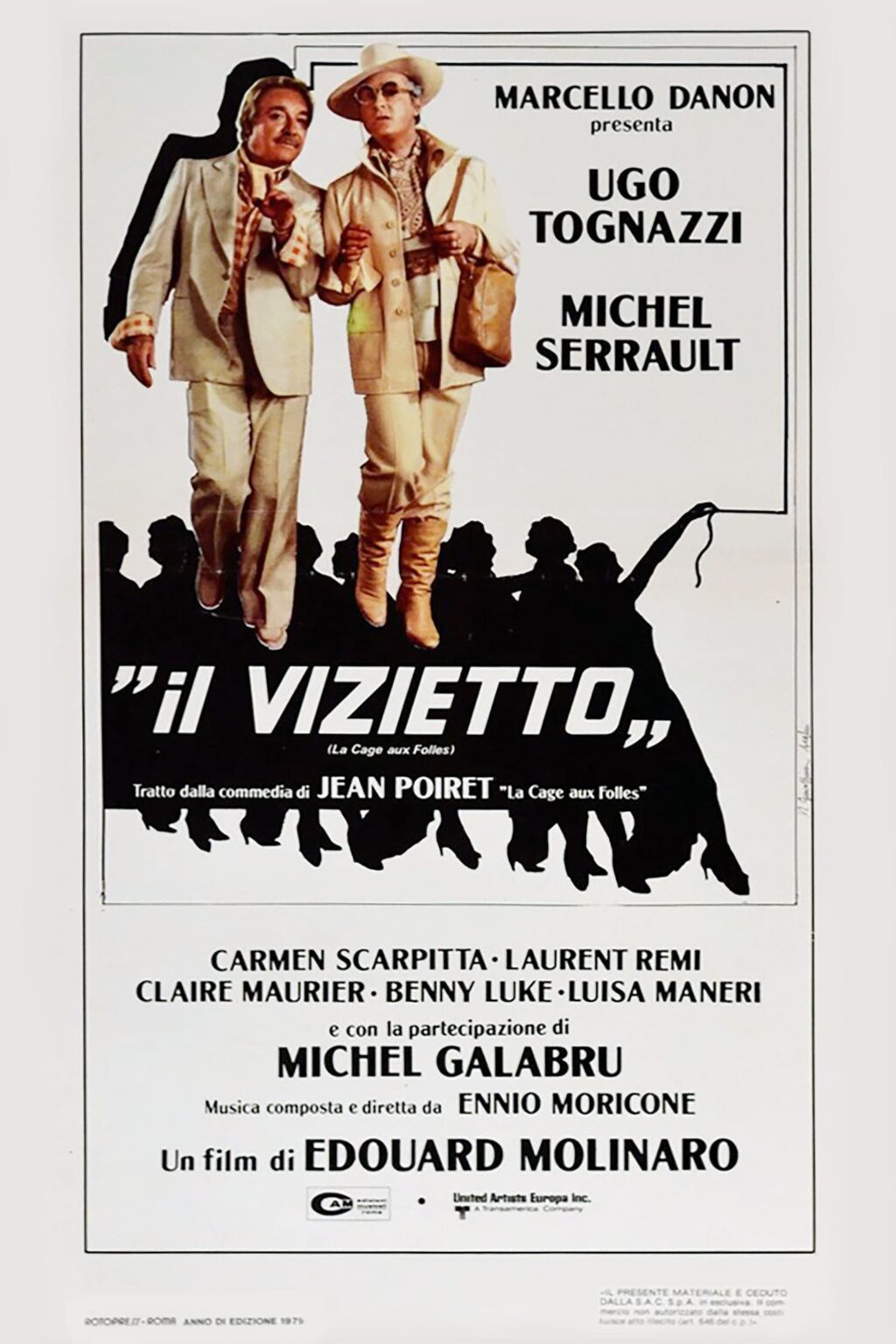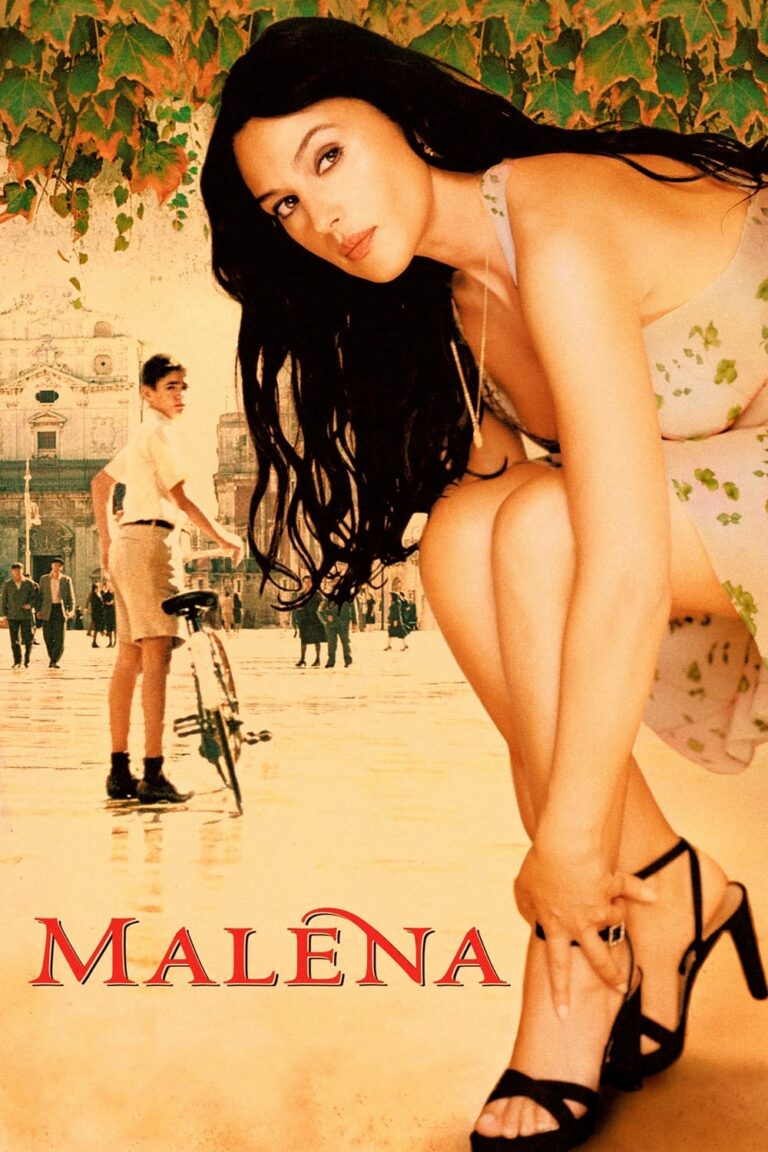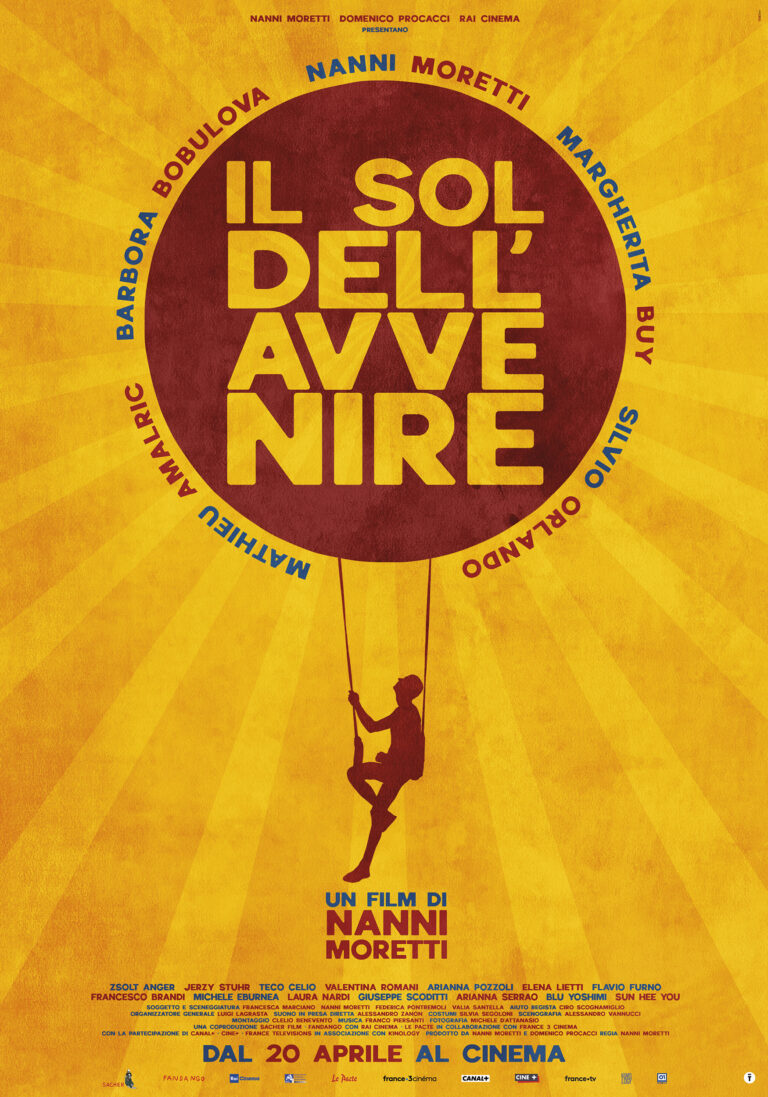
La Cage aux Folles (Il Vizietto), released in 1978, stands as a groundbreaking French-Italian comedy that continues to capture the hearts of audiences worldwide. Directed by Édouard Molinaro and based on the play by Jean Poiret, the film explores themes of love, acceptance, and identity, wrapped in a comedic narrative that challenges societal norms. Its influence spans generations, and its significance remains profound in both cinematic and cultural landscapes.
Introduction
La Cage aux Folles, also known as Il Vizietto, was a bold and refreshing take on comedy in the late 20th century. Set in Saint-Tropez, the film unfolds in the world of drag performance, challenging stereotypes while delivering humor and heart. It was a commercial success upon release, becoming one of the highest-grossing foreign films in the United States. The movie’s charm lies in its ability to intertwine humor with an earnest exploration of love, family, and societal expectations.
Plot Summary
The story follows Renato Baldi, the owner of a nightclub specializing in drag performances, and his partner, Albin Mougeotte, who is also the club’s star performer, known as “Zaza.” The plot takes a comedic turn when Renato’s son, Laurent, announces his engagement to Andrea, the daughter of a conservative politician.
To ensure the marriage gains approval, Laurent asks his father and Albin to hide their relationship and present a “traditional” family image. The resulting escapades—ranging from attempts to redecorate their flamboyant apartment to Albin impersonating a conventional mother—lead to a series of laugh-out-loud moments and heartfelt revelations. The film’s resolution emphasizes the importance of authenticity and love over societal judgment.
Background and Development
Jean Poiret’s original play, La Cage aux Folles, debuted in 1973, captivating audiences with its humor and progressive themes. The transition to film in 1978 was a collaborative effort between Poiret and director Édouard Molinaro, supported by an exceptional cast. With a screenplay co-written by Francis Veber, the film retained the spirit of the play while adapting it for the screen.
The production faced challenges in balancing the comedy with sensitive portrayals of LGBTQ+ themes. Molinaro’s direction ensured the narrative was both respectful and humorous, avoiding caricatured depictions.
Main Characters
- Renato Baldi (Ugo Tognazzi): A pragmatic nightclub owner who loves his partner deeply but is often caught in the chaos Albin creates.
- Albin Mougeotte/Zaza Napoli (Michel Serrault): The flamboyant and sensitive star performer of the nightclub, whose heart and humor drive the story.
- Laurent Baldi (Rémi Laurent): Renato’s son, whose engagement acts as the catalyst for the plot’s events.
- Andrea’s Parents (Carmen Scarpitta and Michel Galabru): Representing the conservative values the protagonists challenge.
Themes and Social Commentary
- Love and Acceptance: The film emphasizes unconditional love within non-traditional families.
- Societal Norms: It critiques the rigidity of conservative ideals while celebrating individuality.
- LGBTQ+ Representation: A pioneering portrayal of same-sex relationships in mainstream cinema, the film helped normalize LGBTQ+ themes.
Cultural Impact
La Cage aux Folles broke barriers in its portrayal of LGBTQ+ characters. At a time when queer representation in media was often marginalized, the film presented its protagonists with dignity and depth. It paved the way for later works like The Birdcage (1996), an American remake that brought the story to new audiences.
Awards and Reception
The film received widespread acclaim, earning multiple accolades, including a Golden Globe nomination for Best Foreign Film. Michel Serrault’s performance as Albin was particularly lauded, showcasing a blend of comedic timing and emotional depth.
Comparison with the Play and Musical Adaptation
While the play was confined to a stage setting, the film expanded the story’s visual and emotional range. Later, the story was adapted into a Tony Award-winning Broadway musical, further cementing its legacy.
Legacy and Influence
Decades later, La Cage aux Folles remains a cultural touchstone. Its humor and heart continue to resonate, while its progressive themes inspire filmmakers and audiences alike.
FAQs
- What does “La Cage aux Folles” mean? It translates to “The Cage of Madwomen,” referencing the nightclub in the story.
- Who wrote the original play? Jean Poiret, a renowned French actor and playwright.
- How does The Birdcage compare to the original? The Birdcage retains the core plot while adapting it for an American audience with modern sensibilities.
- Why is the film considered groundbreaking? Its sensitive portrayal of LGBTQ+ themes was ahead of its time, helping to challenge stereotypes.
- Is the film still relevant today? Absolutely. Its themes of love, family, and acceptance remain universal.
- Are there sequels to the film? Yes, two sequels—La Cage aux Folles II (1980) and La Cage aux Folles III (1985).
Conclusion
La Cage aux Folles (Il Vizietto) is a timeless masterpiece that balances humor with poignant social commentary. Its celebration of individuality and family values ensures its place as a landmark in cinematic history. For fans of comedy, drama, or LGBTQ+ cinema, this film remains a must-watch.





